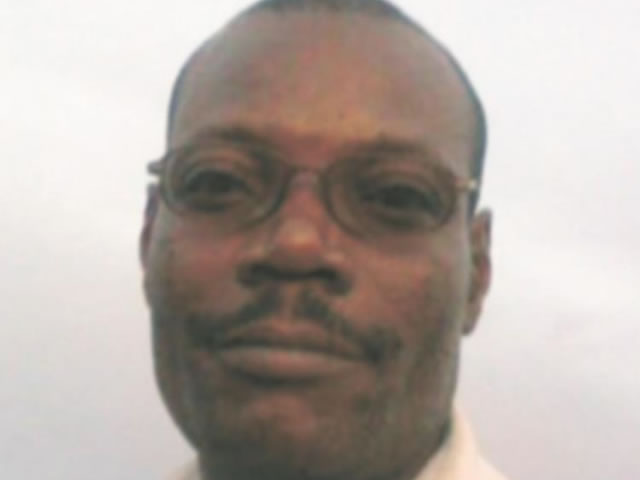Sadc ready to flex muscles on DRC
From Caesar Zvayi in ADDIS ABABA, Ethiopia
SADC is now prepared to enforce military action to deal with rebels destabilising the eastern parts of DRC where FDLR rebels have failed to meet their ceasefire pledges after only 26 percent surrendered against a pledge of over 70 percent.This emerged at the Double Troika meeting of Sadc which was chaired by President Mugabe here yesterday and which brought together the Summit and Organ Troikas.
With rotational chairmanship on an annual basis, Sadc applies the troika system that operates at the level of the Summit, the Organ on Politics, Defence and Security, the Council of Ministers and the Standing Committee of Senior Officials.
A meeting of two such troikas is referred to as the Double Troika. And yesterday the Summit Troika comprising incumbent Sadc chairperson President Mugabe (Zimbabwe), immediate past chairperson Prof Peter waMutharika (Malawi) and incoming chair (Botswana) along with the Organ Troika comprising chairperson President Jacob Zuma of South Africa, immediate past chairperson President Jakaya Kikwete (Tanzania) and deputy chair Hifikepunye Pohamba (Namibia) met at the old plenary hall of the AU headquarters to discuss the peace and security situation in southern Africa with particular focus on Madagascar, Lesotho and the DRC.
DRC slid into political turmoil in 2012 when anti-government rebels invaded and captured the city of Goma located in the eastern parts of the country, causing displacement of people and loss of lives and property.
Briefing journalists after the meeting, Foreign Affairs Minister Simbarashe Mumbengegwi said while Sadc was still open to welcome all rebels who wanted to surrender, the bloc was now geared for military action.
“The Double Troika Summit came to the conclusion that the FDLR had not lived up to its offer to surrender which then meant that the decisions made earlier, in the middle of last year, that if they did not fulfil their offer then military consequences would become inevitable is on the table. So this is the position we are at, at the moment, that they have refused to come out and of course Sadc is prepared to receive those who still want to come and present themselves but otherwise military consequences will have to be faced since a decision was taken that all the negative forces in that part of the world must be neutralised through a combination of the United Nations’ MONUSC, the armed forces of the DRC and the Sadc Intervention Brigade, so that is the situation as it relates to the DRC,’’ he said.
Last year the FDLR indicated, after the M23 had been crushed, that they were willing to voluntarily surrender and a joint meeting of Sadc and the Great Lakes Region met and accepted their offer but gave them six months to surrender with a benchmark that at least 70 percent of the estimated numbers must surrender for their offer to be acceptable.
The rebels were given six months up to January 2 this year to meet the target but at the end of the moratorium, only 26 percent of them had laid down their arms.
“Sadc is prepared to receive those who still want to come and present themselves but otherwise military consequences will have to be faced since a decision was taken that all the negative forces in that part of the world must be neutralised through a combination of the United Nations’ MONUSC, the armed forces of the DRC and the Sadc Intervention Brigade, so that is the situation as it relates to the DRC,’’ Minister Mumbengegwi said.
Zimbabwe helped bring normalcy to the DRC in 1997 during Operation Sovereign Legitimacy when it helped repel rebels sponsored by Rwanda and Uganda culminating in the DRC’s first elections in 45 years.
Turning to Madagascar and Lesotho which were plagued by coups and attempted coups, Minister Mumbengegwi said Sadc remained on top of the situation.
“The situation as it relates to Madagascar, it’s a question of fully implementing the road map which was adopted by all the forces in Madagascar. It has not been fully implemented and, therefore, the Sadc Summit has decided that an effort should be made to work with the Malagasy people in order to ensure that the road map which all the parties there accepted is implemented in full.’’
Madagascar has been on the Sadc agenda since the then opposition leader and mayor of Antananarivo, Andry Rajoelina, pushed incumbent president Marc Ravalomanana from power through unconstitutional means in 2009.
Madagascar was booted out of Sadc, and mediation efforts led by Sadc facilitator, former Mozambique president Joachim Chissano led to elections which ushered in constitutional governance in January last year when Hery Rajaonarimampianina was named president following elections held the previous year but challenges remain.
The Coalition Government in Lesotho has been facing challenges since its formation in 2012, and the situation worsened in the wake of an alleged coup plot by Lesotho’s military on August 30 last year.
“Relating to Lesotho, we received a progress report from the facilitator vice president Cyril Ramaphosa (of South Africa) on how far they have gone now. So far the process is going well, the elections are due on the 28th of February and Sadc has got a mission there. Within the next two weeks observers will be sent to Lesotho to observe the elections and come up with a report but so far the process towards elections is going well, it’s on track,’’ Minister Mumbengegwi said.
Briefing journalists after the meeting, Minister Mumbengegwi said the two leaders discussed issues of enhancing bilateral co-operation particularly in tourism as both countries have a rich cultural heritage








Comments